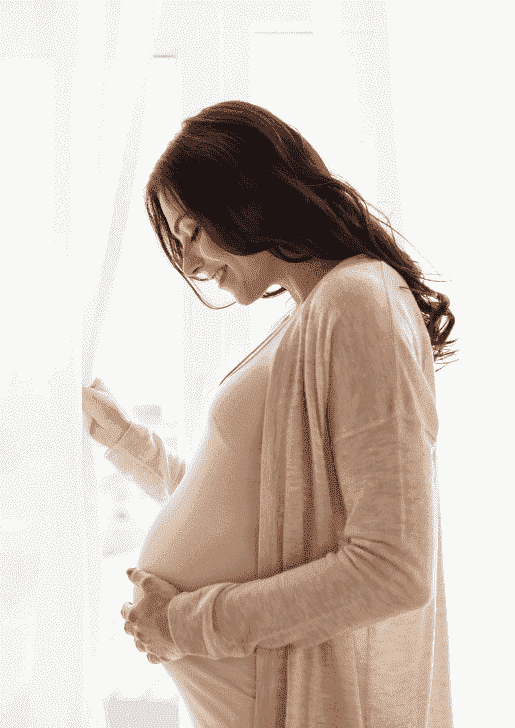In addition, laparoscopic surgery if done appropriately especially for fibroids, blocked follopian tubes, ovarian cysts, uterine adhesions can make you pregnant without undergoing various assisted reproductive techniques like IUI, IVF, ICSI (Laparoscopy Ke Bad Pregnancy ). So it offers better chance of pregnancy.
So Laparoscopic surgery can be used to diagnose and treat following conditions causing female infertility.
Some of them are-
Fallopian tube blockage – Any type of obstruction in the fallopian tube is treated, which can improve the success rate of natural pregnancy ou success rate of IUI.
Endometriosis – In this, the endometrial tissues grow abnormally and spread out of the uterus. These tissues are removed with the help of laparoscopy to make IVF successful. This procedure gives best results in hands of good laproscpic surgeon. Many patients conceive after endometriosis surgeries naturally.
Endometriosis – In this, the endometrial tissues grow abnormally and spread out of the uterus. These tissues are removed with the help of laparoscopy to make IVF successful. This procedure gives best results in hands of good laproscpic surgeon. Many patients conceive after endometriosis surgeries naturally.
PCOS – In the PCOS problem, cysts form in the ovaries, which are removed with the help of laparoscopy.
You may be hospitalized for surgery. During the laparoscopy process, the patient is sedated and given either general anaesthesia or spinal anaesthesia for procedure. After giving anaesthesia, actual procedure of laparoscopy starts. the medicine is provided, which makes the patient’s body fit for this surgery.
Then the doctor makes a small incision below the navel on your abdomen and inserts the scope ie small tube. With this tube’s help, carbon dioxide gas is filled in the abdomen, which causes distension of abdomen and it helps in better visualisation of all organs in abdomen.
Then the doctor makes a small incision below the navel on your abdomen and inserts the scope ie small tube. With this tube’s help, carbon dioxide gas is filled in the abdomen, which causes distension of abdomen and it helps in better visualisation of all organs in abdomen.
Laparoscopy Side Effects
Like any surgical procedure, laparoscopy may also have some risks, i.e., side effects; however, these risks are minor, such as :
- Infection
- Feeling like weakness or vomiting
- Burning around the incision
- Fever
- Having blood clots in the vein

